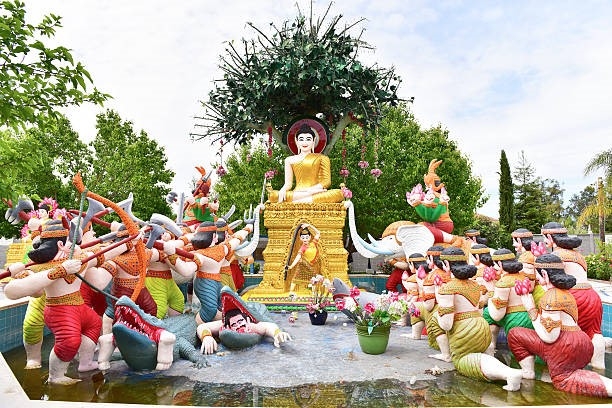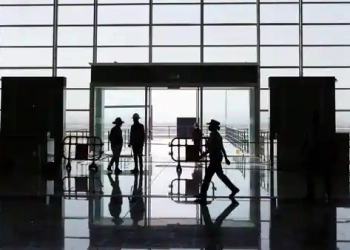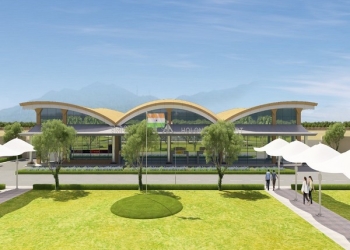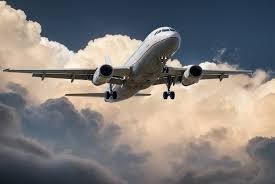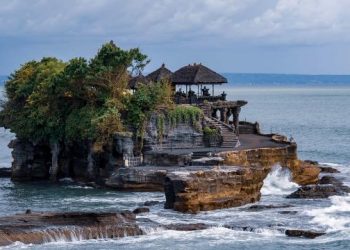Malaysia is planning to reopen its borders to foreign visitors as early as January 1st. According to a government advisory group, the decision comes as the country strives to revitalise its flagging tourist sector. According to reports, the Southeast Asian country has progressively reopened its economy in recent weeks as COVID infection rates have decreased due to a stepped-up vaccine campaign.
According to government figures, more than three-quarters of Malaysia’s 32 million people have been immunised. Former Prime Minister Muhyiddin Yassin, who leads a committee entrusted with directing Malaysia’s economic recovery effort, stated that the tourist industry was rebounding, but too slowly without foreigners, and that operator needed time to restart operations. Mr Muhyiddin went on to say that infection control procedures, such as COVID-19 testing, will continue in force, and that authorities will decide whether or not to admit travellers based on the COVID-19 situation in their home countries, among other things.
With the passage of a New Law, China has strengthened its Land Border Security
When asked about the reopening of the borders, he did not give a precise date but did say that it will be revealed shortly. adding that the decision was still being reviewed by security and health authorities. According to reports, Malaysia also announced this week that it will open a vaccination travel lane with neighbouring Singapore on November 29, allowing for quarantine-free travel for immunised travellers from both nations. It has been said that it will gradually establish a comparable transit corridor with Indonesia.
A 7-10 day quarantine at a government-appointed institution is essential, as are negative PCR test findings. The traveller will be responsible for all fees associated with extra tests and hospitalisation (if necessary), as well as quarantine accommodation. The government has begun its immunisation programme, and tourism authorities are optimistic that they will soon be able to welcome foreign visitors. They are discussing green lanes and bubble agreements with adjacent nations.

